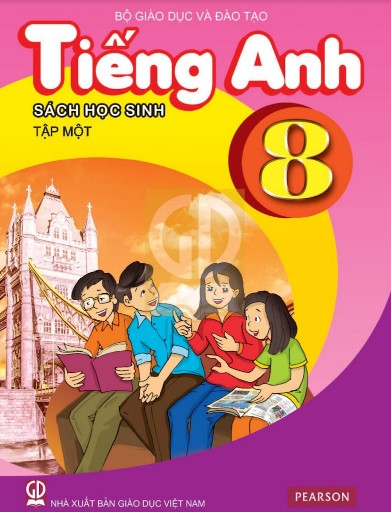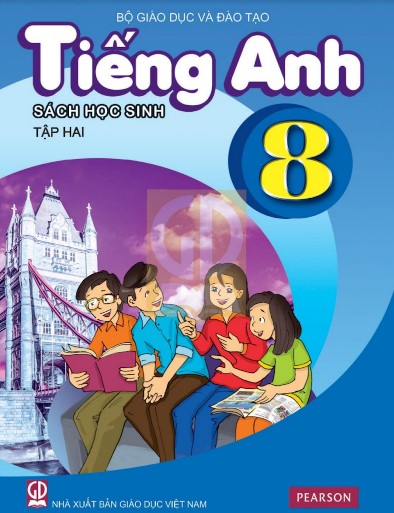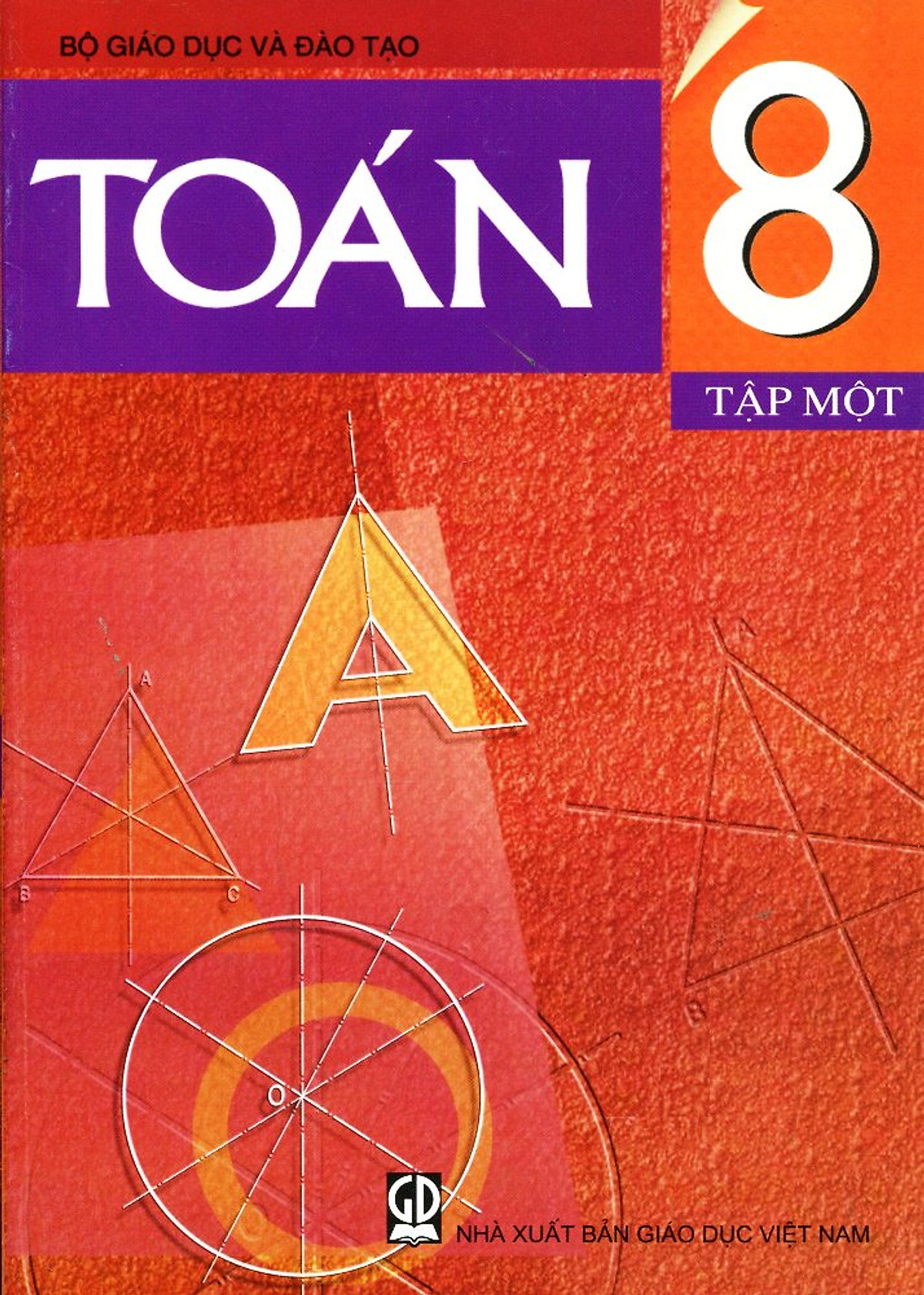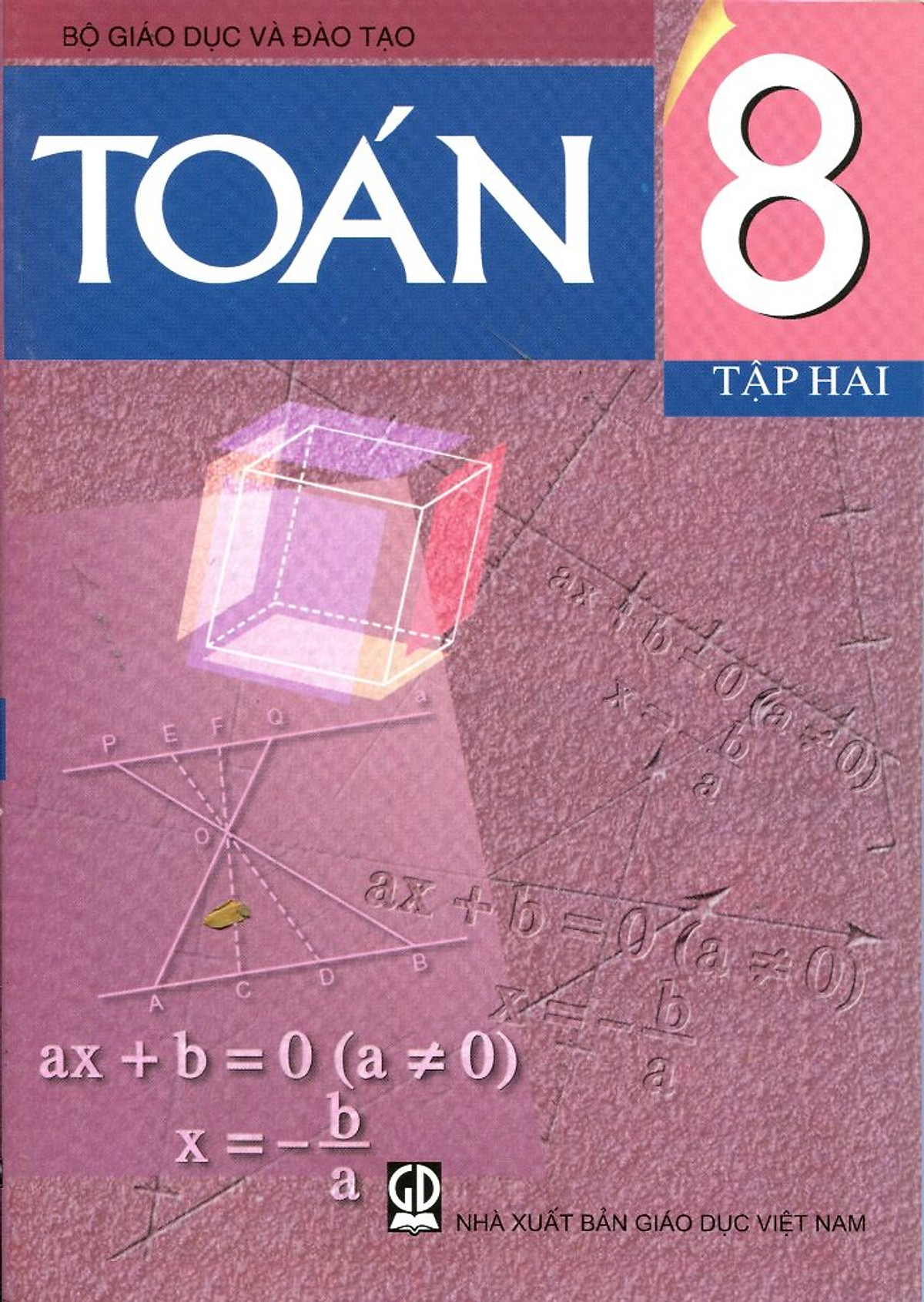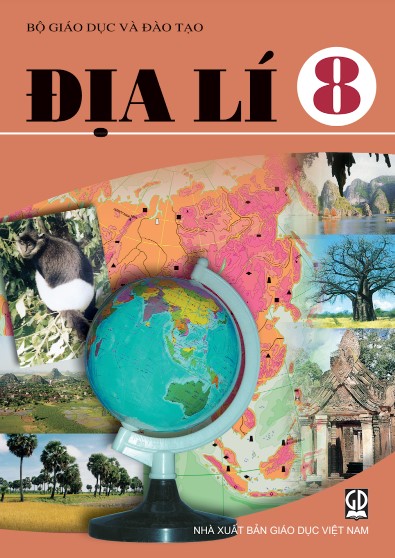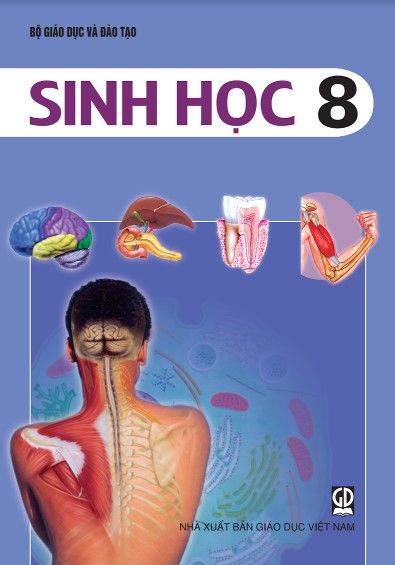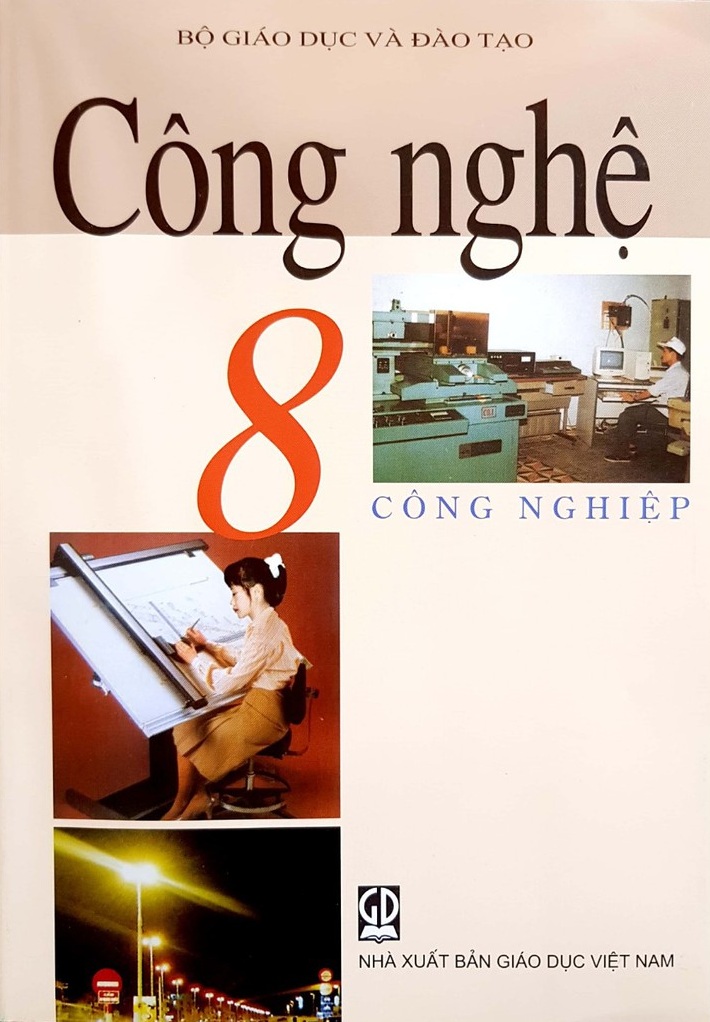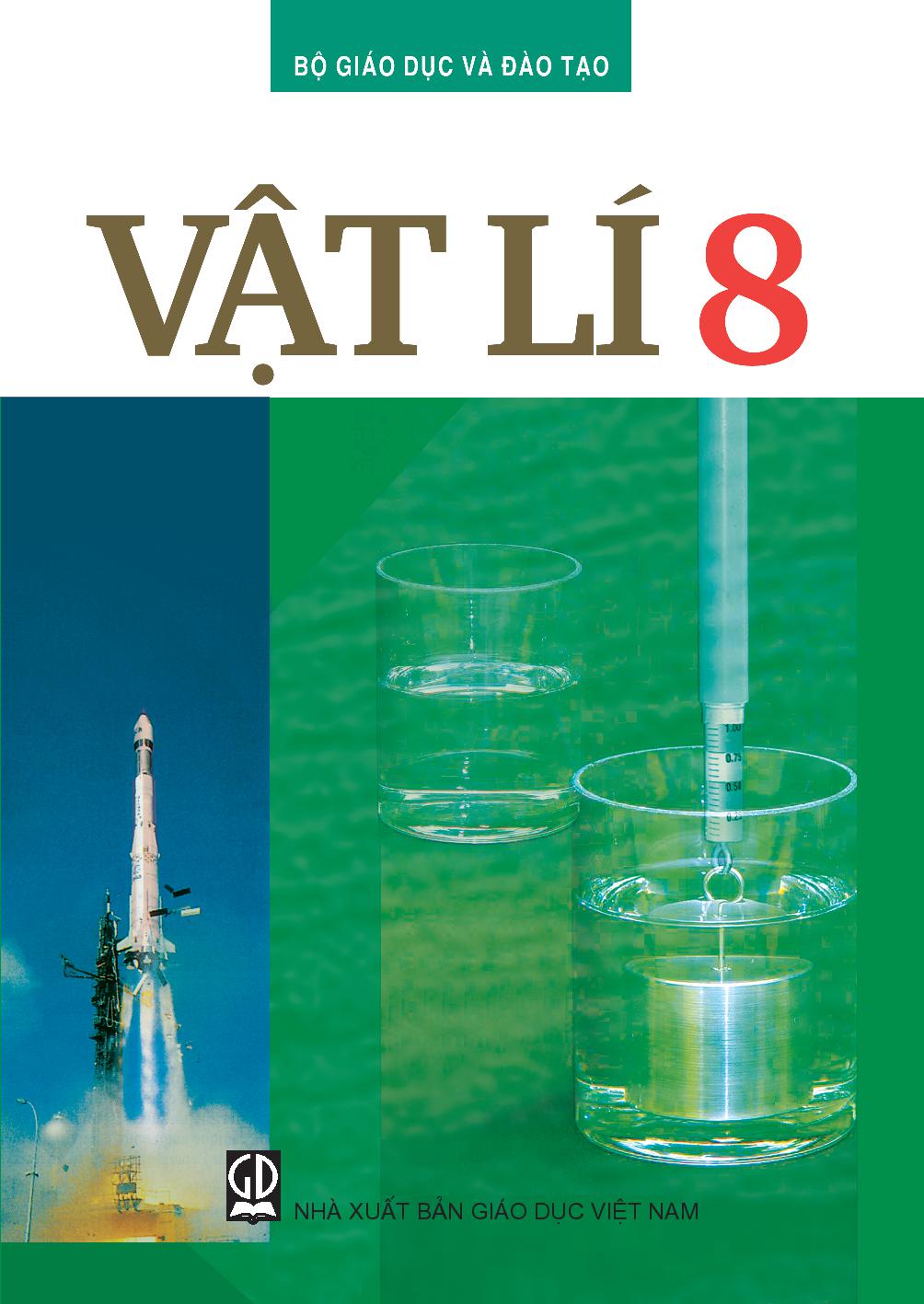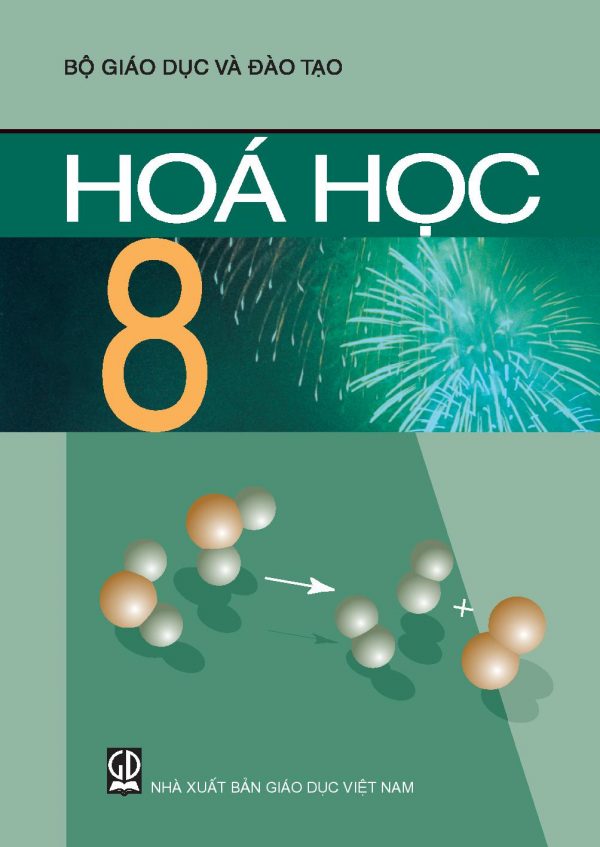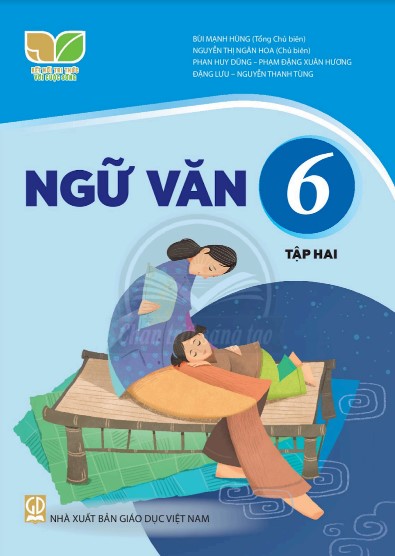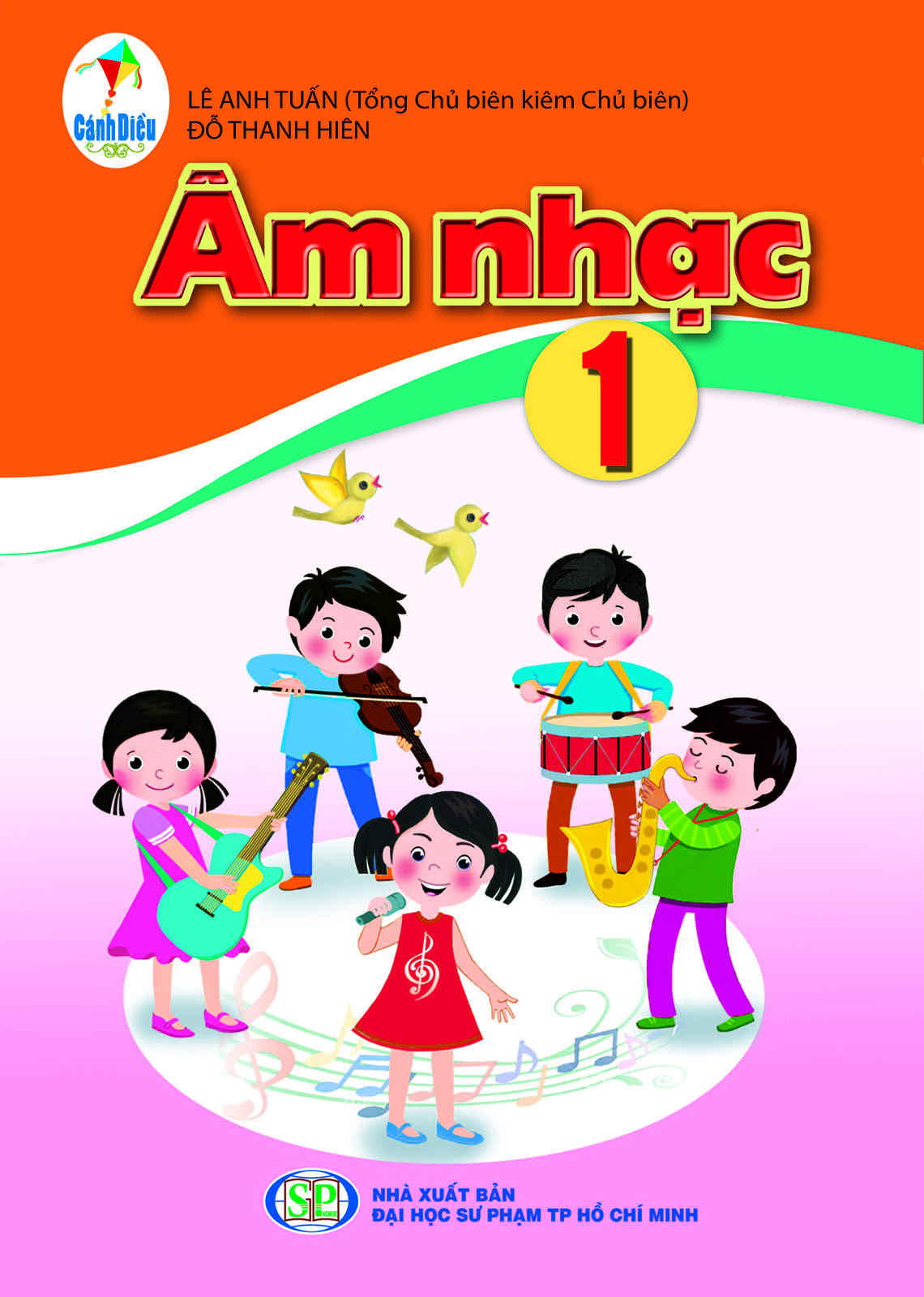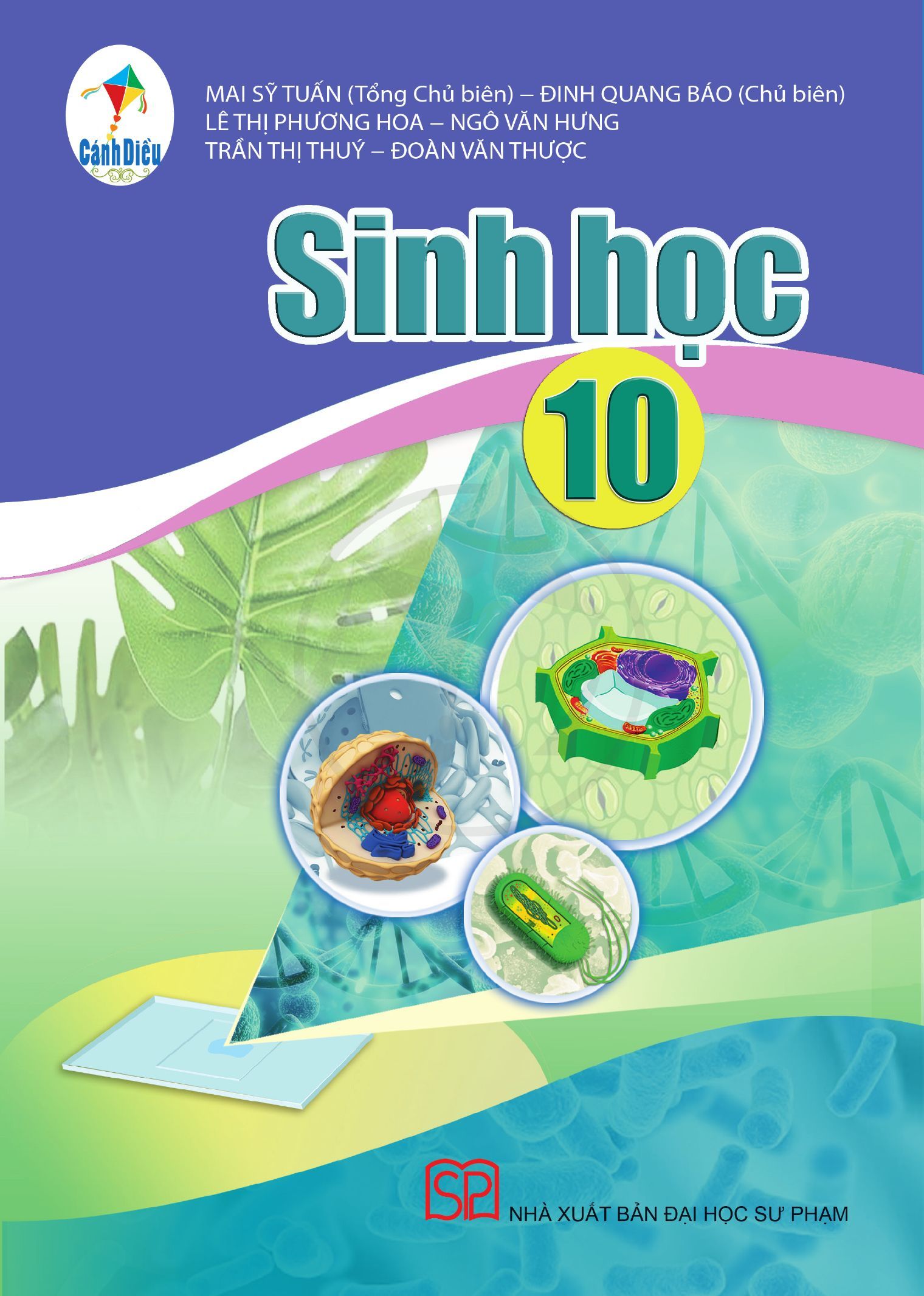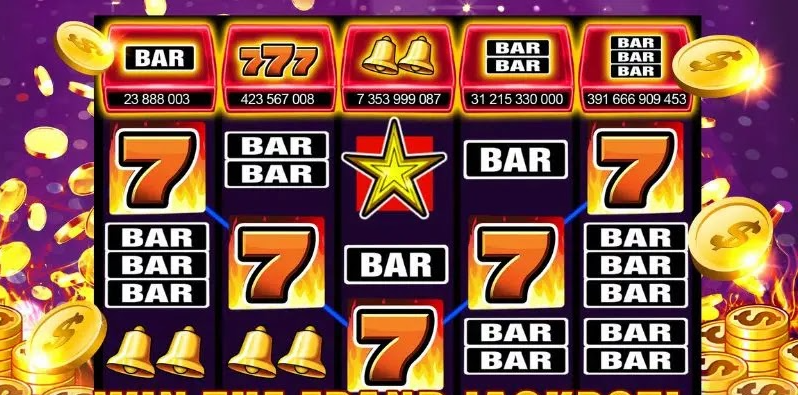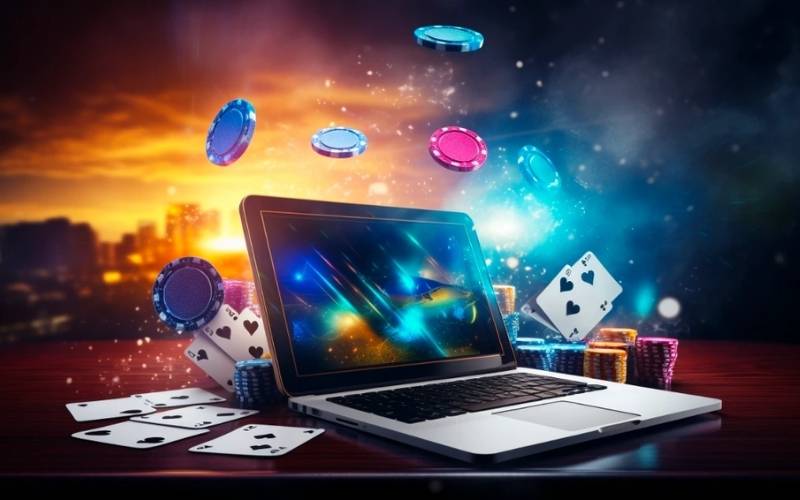(Page 122)
REAL ENGLISH I have no idea.
A. (🎧2-44) Listen and read. Then repeat the conversation and replace the words in blue.
B. Practice with a partner. Replace any words to make your own conversation.
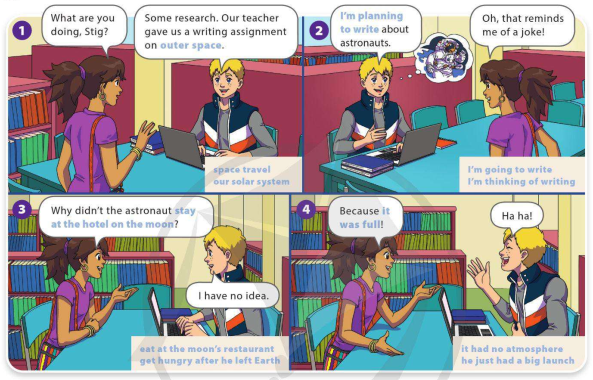
1. space travel - our solar system
What are you doing, Stig?
Some research. Our teacher gave us a writing assignment on outer space.
2. I'm going to write - I'm thinking of writing
I'm planning to write about astronauts.
Oh, that reminds me of a joke!
3. eat at the moon's restaurant - get hungry after he left Earth
Why didn't the astronaut stay at the hotel on the moon?
I have no idea.
4. it had no atmosphere - he just had a big launch
Because it was full!
Ha ha!
🎧2-45
| USING DIFFERENT TENSES (PP. 162-163) |
| Present Tenses Astronauts go to the space station several times a year. A crew of three astronauts is waiting to take off. | Future Tenses The rocket takes off in 15 minutes. They're staying on the space station for the next six days. All of them are going to travel into space for the first time. Soon they'll have a great view of Earth. |
| Past Tenses They felt uncomfortable while they were training. | |
| Present Perfect They've trained for this trip for two years. | Conditional Clauses If they cancel this launch, they'll go next month. |
(Page 123)
C. (🎧2-46) Complete the conversation by circling words. Then listen and check.
Chris: What (1) (do you do / are you doing)?
Beth: (2) (I give / I'm giving) a presentation next week, so (3) (I'm researching / I used to research) my topic.
Chris: Oh, yeah? What (4) (are you planning / did you use to plan) to talk about?
Beth: (5) (I've talked / I'm going to talk) about the spacecraft Voyager 1. (6) (I used to be / I've been) interested in space ever since I was in elementary school. My third-grade teacher (7) (taught / has taught) us about it.
Chris: (8) (I don't know / I'm not going to know) anything about it.
Beth: Well, NASA (9) (launched / was launching) Voyager 1 in 1977. From 1977 to 2012, it (10) (traveled / has traveled) through our solar system. It carried all kinds of things from Earth, like recordings of languages, music, and photos. If aliens (11) (find / will find) this spacecraft, (12) (they learn / they'll learn) a lot about Earth. Well, (13) (they learn / they'll learn) about Earth in 1977.
Chris: What (14) (happened / has happened) in 2012?
Beth: (15) (It left / It's going to leave) our solar system. Since then it (16) (was continuing / has continued) to travel. But scientists think (17) (it runs out of / it'll run out of) power around 2025.
D. (🎧2-47) Complete the sentences. Use the correct form of words. Listen and check.
In 1969, the spacecraft Apollo 11 (1) _______ (land) on the moon for the first time. Since then, scientists (2) _______ (learn) many things about our closest neighbor. Only 12 people (3) _______ (be ever) to the moon. Those astronauts (4) _______ (go) there between 1969 and 1972. This was during a period of time when scientists (5) _______ (study) the moon very closely.
Today, NASA astronauts (6) _______ (plan) another trip to the moon. They (7) _______ (want) to go before 2020. If they (8) _______ (go), they (9) _______ (learn) more about the moon than ever before. Other countries (10) _______ (make) preparations to go to the moon, too. India, China, Japan, and Russia all (11) _______ (have) plans in place. Some private companies (12) _______ (hope) to make a profit from moon tourism. They (13) _______ (begin) to take reservations for future flights. 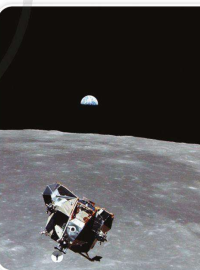
E. Work in pairs. Student A: Turn to page 134. Student B: Turn to page 138. You are going to see how much you know about space.


